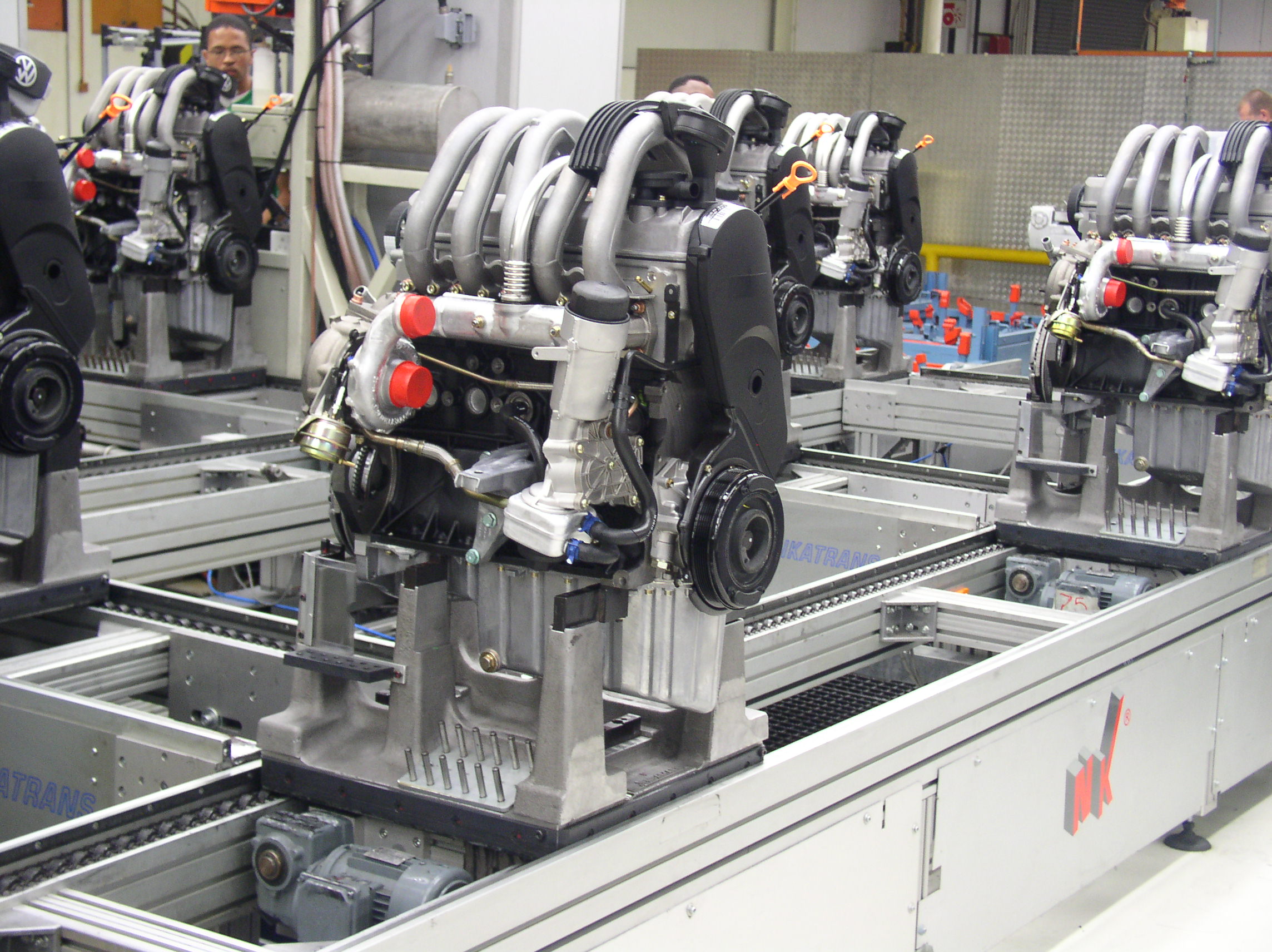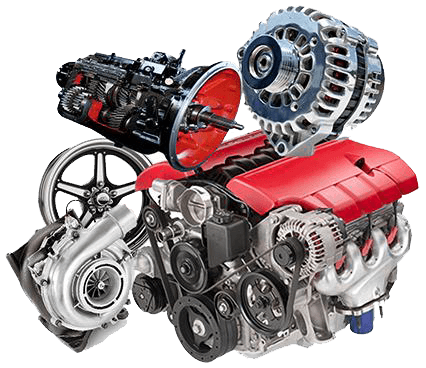Understanding the Long-Term Benefits of Buying Engines for Africa for Future Growth
The prospect of spending in engines for Africa-- spanning innovation, framework, and education-- provides an engaging possibility for long-term growth and security. Such financial investments not only pave the method for lasting financial diversity yet also fortify durability versus global challenges.
Economic Stability and Durability

Additionally, resilience makes it possible for African countries to adapt to changing worldwide characteristics, consisting of climate change and technical developments. By focusing on economic diversity, nations can reduce dependence on a slim variety of sectors, hence minimizing dangers connected with economic declines. Investment in framework, technology, and education and learning further reinforces this strength, empowering neighborhoods to thrive in spite of challenges.
Implementing sound fiscal policies and enhancing financial organizations are likewise important approaches for enhancing economic stability. These steps can promote access to debt, boost savings rates, and promote effective source appropriation. Inevitably, a durable financial structure lays the structure for lasting advancement, making certain that Africa can take advantage of its enormous capacity while getting ready for future uncertainties.
Task Production Opportunities
A dynamic task market is vital for driving sustainable growth and decreasing destitution in Africa. Buying engines for Africa, particularly in sectors such as innovation, manufacturing, and farming, can substantially enhance work production chances across the continent. As new industries arise, they require a workforce equipped with varied skills, bring about raised employment leads for regional populaces.
These financial investments not only create straight job opportunities however additionally promote ancillary fields. For instance, a growing manufacturing market can result in enhanced demand for logistics, upkeep, and supply chain administration roles. This multiplier result intensifies the total employment landscape, promoting a durable ecological community where different sectors prosper jointly.
Additionally, boosted job chances can stimulate entrepreneurship, as individuals with steady earnings frequently look for to purchase their own services. This entrepreneurial spirit can provide extra work methods, contributing to a dynamic economic climate.
Ultimately, by concentrating on task production through strategic investments, Africa can harness its potential, ensuring that economic development translates into concrete advantages for its people - engines for Africa. In doing so, the continent can build a sustainable future that focuses on both financial growth and social upliftment

Enhancing Education Systems
Regularly improving education and learning systems is vital for outfitting Africa's young people with the abilities needed to prosper in a quickly progressing work market. A durable academic framework should focus on both academic excellence and practical ability growth. By aligning curricula with the needs of markets, universities can much better prepare pupils for future job opportunity.
Financial investment in instructor training programs is vital to enhance educational top quality. Trained teachers inspire pupils and foster important thinking, creativity, and analytic capabilities. Incorporating technological and professional training into the education and learning system can offer trainees with tangible abilities that meet market demands, thus lowering young people joblessness rates.

Additionally, improving access to education, particularly in underserved and rural areas, is crucial. Techniques such as mobile learning platforms and community-based education initiatives can bridge the gap, ensuring that all young people have the possibility to do well (engines for Africa). Inevitably, a versatile education and learning system will certainly be a cornerstone for Africa's lasting growth and advancement
Improvements in Innovation
Utilizing the power of innovation is changing different industries across Africa, leading the way for technology and development. The integration of advanced technologies such as artificial intelligence, large information, and the Web of Things (IoT) is transforming industries, boosting efficiency, and driving economic development. These advancements are making it possible for organizations to improve operations, boost decision-making procedures, and promote a more affordable market atmosphere.
In agriculture, for instance, accuracy farming methods powered by data analytics are maximizing plant returns and resource administration. The financial market is seeing a rise in mobile banking and fintech solutions, which are boosting financial addition and providing essential services to underserved populaces. Furthermore, the medical care industry is taking advantage of telemedicine and electronic health and wellness documents, enhancing accessibility to quality treatment across remote locations.
As technology remains to evolve, its effect on education is likewise significant, with e-learning platforms broadening instructional opportunities. By buying these technical developments, African countries can open new economic possibilities, produce work, and elevate living standards. Accepting technology is essential for lasting development, guaranteeing that Africa stays affordable on the international phase.
Infrastructure Development Effect
The fast innovations in technology are closely intertwined with the urgent requirement for facilities development across Africa. As nations make every effort to enhance their economic landscapes, buying robust infrastructure systems ends up being critical. Reliable framework-- YOURURL.com consisting of transport networks, power grids, and interaction systems-- helps with enhanced access to markets and sources, ultimately strengthening productivity and economic development.
The effect of facilities advancement prolongs beyond prompt economic advantages. Enhanced infrastructure promotes an environment helpful to advancement, attracting both international and local financial investments.
Furthermore, strategic investments in infrastructure can minimize the dangers related to climate adjustment, as resilient systems are essential for adapting to ecological challenges. By focusing on lasting infrastructure growth, African countries can make certain long-lasting development and security. Ultimately, the interplay in between technological improvements and infrastructure advancement is essential for recognizing the continent's full possibility and accomplishing sustainable development goals.
Conclusion
In final thought, buying engines for Africa-- encompassing education, innovation, and facilities-- presents substantial long-lasting benefits necessary for lasting development. Such calculated financial investments foster financial security and strength, produce task opportunities, and improve education and learning systems, eventually causing innovations in modern technology and facilities growth. The collective result of these campaigns not just enhances market gain access to and resource circulation but additionally placements African countries to adjust and flourish in a progressively dynamic global landscape.
Economic security and strength are essential parts for lasting advancement in Africa, particularly as the continent looks for to harness its large resources and potential. By focusing on economic diversification, nations can lower dependence on a narrow range of fields, therefore reducing risks associated with financial recessions. Ultimately, a durable economic structure lays the foundation for sustainable growth, making sure that Africa can take advantage of on its tremendous capacity while preparing for future unpredictabilities.
Effective framework-- making up transport networks, power grids, and communication systems-- promotes better access to resources and markets, ultimately boosting productivity and economic growth.
Such critical investments foster financial stability and resilience, create task possibilities, and improve education and learning systems, ultimately leading to innovations in i thought about this modern technology and infrastructure advancement.